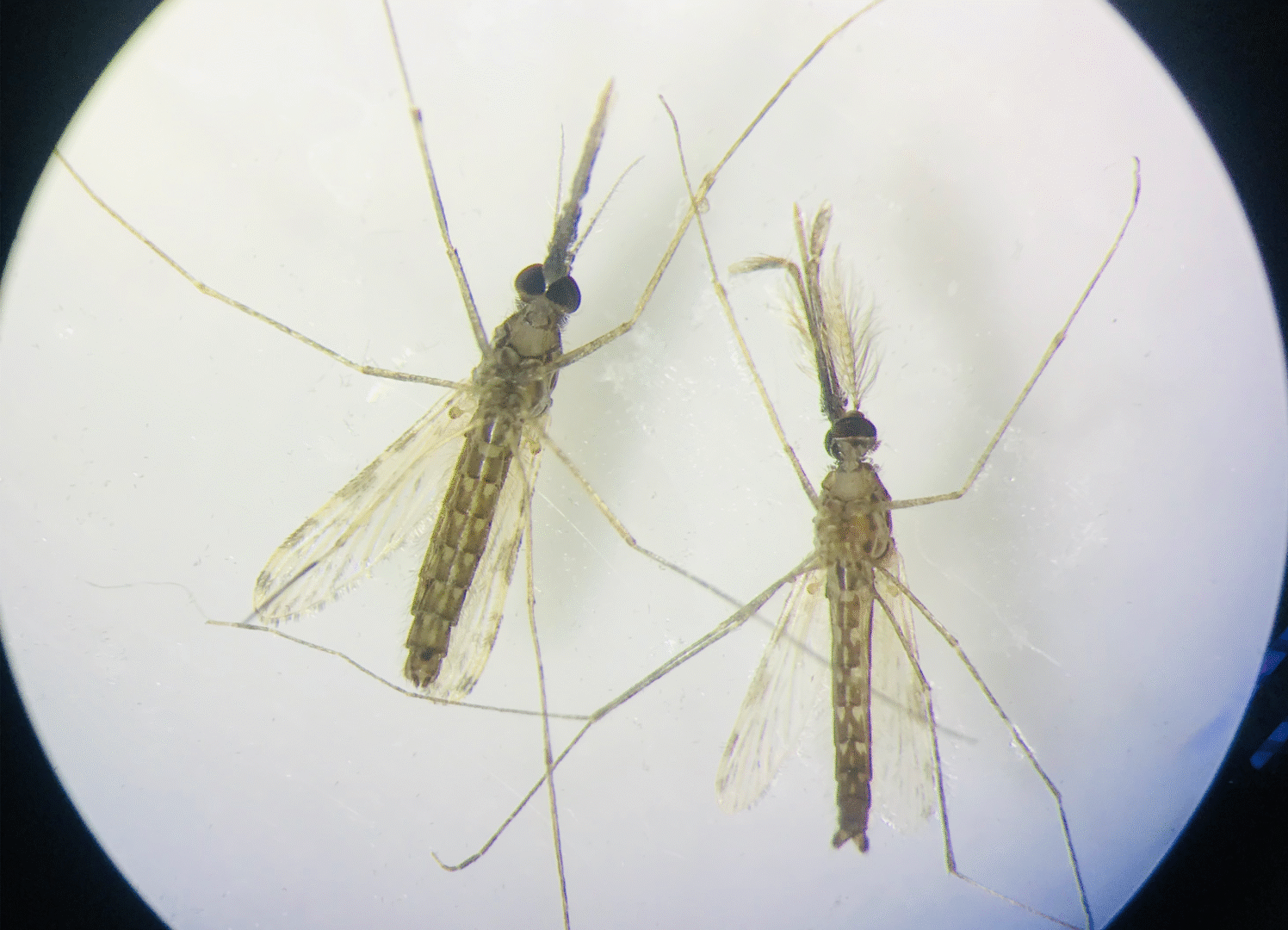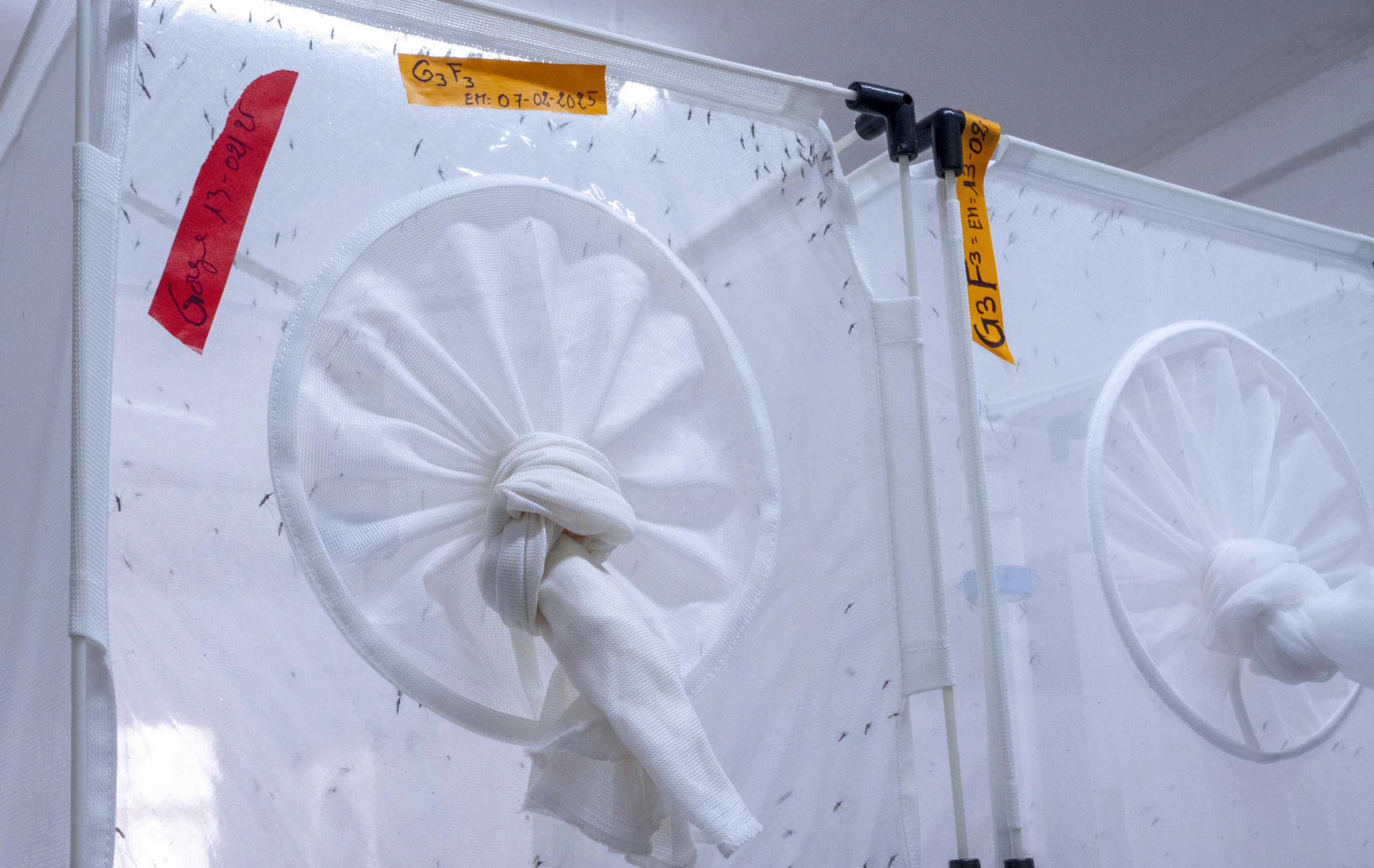World Mosquito Day is celebrated every year on August 20. In 1897, Sir Ronald Ross’ discovery of the link between mosquitoes and malaria transmission represented a milestone in the study of the disease. More than a century later, these small insects remain a key threat to global public health.
Every year, more than 700,000 people die worldwide from mosquito-borne diseases, such as malaria, dengue fever, and chikungunya. As Director of the Research Unit on Entomology at the University of Science, Techniques and Technology of Bamako (USTTB) – which is dedicated to the study of the biology and control of mosquitoes – every day is a reminder of the scale of the challenge. Our goal at the “Infectious Diseases and Medical Entomology Research and Training Center’’ (IDMERTC), where I work, is to understand, monitor and develop solutions to better control mosquitoes that transmit disease. From fundamental research to more advanced studies, we work daily to find solutions to the many diseases caused by mosquitoes.

Entomological Research: Understanding Mosquitoes for More Effective Control
At IDMERCT, we conduct in-depth studies on the biology and behavior of mosquitoes, their larval ecology, feeding and mating behavior, summer dormancy, and migration patterns. We also investigate the development of insecticide resistance, by monitoring genetic mutations in mosquitoes. Our work contributes to the development of new molecules and alternative methods for mosquito control, such as biopesticides and smart traps.
Genetic Control: A Promising Innovation in Progress
One of our research projects at the University of Science, Techniques and Technology of Bamako (USTTB), the African Center for Excellence in Molecular Engineering (ACEME), is dedicated to research focused on genetic modification of mosquitoes and aims to train African scientists in this field. As well as work in the lab, we are aware that implementing these technologies will involve addressing ethical, regulatory, environmental, and social acceptance considerations.
Training a New Generation of African Researchers
The African continet is heavily affected by mosquito-borne diseases. However, despite immense scientific potential, African researchers have so far mostly remained on the sidelines in the development and implementation of advanced technologies for mosquito control. That is why ACEME aims to train African researchers in cutting-edge genetic engineering techniques applied to vector control.
In partnership with Keele University in England, ACEME has already built up solid local expertise: importing a strain of non genetically modified mosquitoes to their laboratory at the University of Science, Techniques and Technology of Bamako (USTTB) (the “G3” strain), advanced technical training, and developing capabilities in molecular engineering of mosquito vectors.

A Collective Effort
The fight against mosquitoes cannot be won alone. It requires the mobilization of governments , scientists, local communities, and citizens.
On World Mosquito Day, let us remember that every preventive action, every research program, and every innovation counts. Together, we can build a future where mosquito-borne diseases are nothing more than a distant memory.
